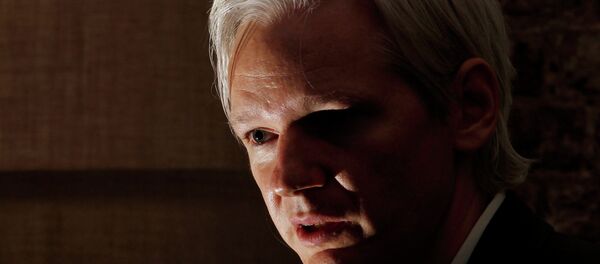MOSCOW, January 13 (Moscow) – AfriLeaks, an anonymous whistleblowing platform for Africa, has been launched today, the Guardian reports.
The platform is designed to securely connect whistleblowers with media organizations across Africa and to teach journalists how to effectively verify and investigate the quality of leaked information, the Guardian says.
“AfriLeaks allows you to leak confidential documents of public interest. We’ve designed a system that helps you to share these materials while protecting your own identity, so that it becomes impossible to identify you as the source of the leak.” – says a statement of the platform.
We're up and running. Now it's your turn to speak up and tell the truth! https://t.co/X2scSR5tPL
— afriLeaks (@AfriLeaks) 13 января 2015
The difference between WikiLeaks and AfriLeaks is that the former publishes secret information, news and classified media taken from anonymous sources, while the latter will act only as a facilitator without publishing any secret information itself, Deutsche Welle reported. The idea is that a whistleblower sends files to AfriLeaks securely and nominates a media organization he/she wants to investigate the information. The whistleblower can choose to remain anonymous. In other words, the leak itself is not a story, but the lead to a potential story, according to the Guardian.
So far, the media outlets that have signed up to the initiative are South Africa’s Mail & Guardian, Botswana’s Guardian, The Zimbabwean and Mozambique’s Verdade, the Guardian says.
Getting the first leaktop running for @AfriLeaks — secure Tails system to connect to @GlobaLeaks /cc @AfricanCIR pic.twitter.com/H97i2AJF9A
— Friedrich Lindenberg (@pudo) 17 ноября 2014
AfriLeaks will also teach journalists across Africa investigative skills, as reportedly many have little understanding of dangers that they could face when investigating leaks.
There have been suspicious cases when people who released secret and/or sensitive information and “vanished”. To avoid cases like that in the future, Sharife strongly believes that the project, such as AfriLeaks, is much needed on the African continent to provide safety for those willing to disclose sensitive information to the public eye and help to train a new generation of investigative journalists how can then safely handle leaked materials, the Guardian reports.




